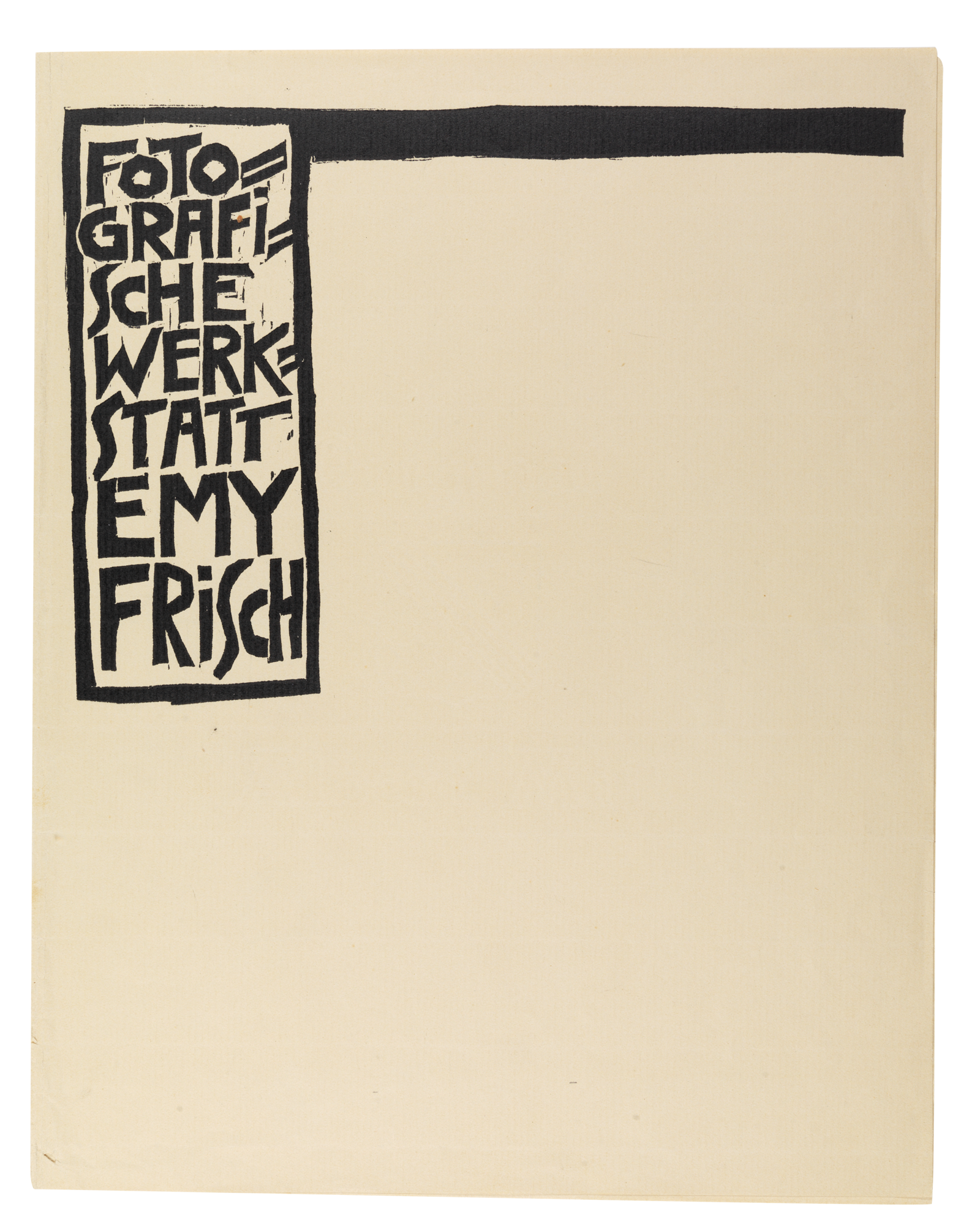This audio walk developed by the artist duo Po:era takes us to six addresses in Friedenau where the Brücke artists lived, as well as their friend, the painter Emma Ritter, and Emy Frisch, Karl Schmidt-Rottluff’s future wife and the photo documentarian of the group. From their perspective, we learn more about the people behind the art of the Brücke and how they challenged the conventions of their era outside of their artistic work.
Across six chapters, Po:era draws on historical facts to tell fictionalised stories that could have occurred at the different locations in one way or another. Based on classic radio play formats, the scenes are embedded in an accompanying narrative that not only contains information about each of the addresses and tips for the walk through Friedenau, but also repeatedly makes links back to the present day and situates the accomplishments of the artists’ group in contemporary discourses.
We recommend completing the audio walk in the suggested order and in one go, which should take approximately 90 minutes. The start point is at Durlacher Straße 15, near Bundesplatz S-Bahn station. The route to each of the next stops is marked on the map, which makes it easier to find your way around if you have location services enabled on your smartphone. Each chapter has photographs to help identify the correct buildings, but they can also be accessed in any order and from the comfort of your own home. Accompanying music at the end of each chapter enhances the walks between the stops and gives listeners a feel for the period when the Brücke artists lived in Berlin. Good-quality headphones will provide the best listening experience.
Apartment of Emy Schmidt-Rottluff, née Frisch, (1914-1933) and Karl Schmidt-Rottluff (1919-1933)
Stierstraße 3, Berlin-Friedenau
Prob. Emy Schmidt-Rottluff, Karl and Emy Schmidt-Rottluff in their living room, Stierstraße 3, Berlin-Friedenau, 1920s, Brücke-Museum, © Karl und Emy Schmidt-Rottluff Stiftung
The photographer Emy Frisch (later Schmidt-Rottluff) was already part of the circle around the Brücke artist group back in Dresden. Born in Chemnitz, she even knew Ernst Ludwig Kirchner from her childhood, as he was her neighbor. In 1911, the same year as Kirchner, Erich Heckel, and Karl Schmidt-Rottluff, Frisch also moved to Berlin and rented rooms on Bachestraße in Friedenau. In 1913/14, she relocated within the quiet Berlin suburb. The new residence was a “dark ground-floor apartment” at Stierstraße 3. She not only made herself at home here, but also intended to open a photo studio.
It remains unknown to what extent she actually realized her plans. Only a letterhead designed by Schmidt-Rottluff with the heading “Fotografische Werkstatt Emy Frisch” (Photographic Workshop Emy Frisch) has survived and provides clues to this enterprise. It is also unclear whether she received formal photographic training. Although, it is certain that photography was not only her passion, but that she also had extensive technical knowledge. According to the stories of the times, she was even the one who introduced Kirchner to photography.
Karl Schmidt-Rottluff, Frau bei der Toilette, 1929, Brücke-Museum, © VG Bild-Kunst, Bonn 2023
Karl Schmidt-Rottluff, Fotografische Werkstatt Emy Frisch, Briefbogenkopf, 1914, Brücke-Museum, © VG Bild-Kunst, Bonn 2023
In Berlin, Frisch began photographically documenting works by the Brücke artists Kirchner, Pechstein, and Mueller. Nowadays, however, she is best known as the wife of Karl Schmidt-Rottluff, whom she married in 1919. From then on, she mainly used her camera to record his paintings. It is thanks to her that there are still images of some of the works that were destroyed. Schmidt-Rottluff, in turn, captured Emy’s face in a large number of works.
After their marriage, Schmidt-Rottluff moved in with her. However, he still kept his bright studio in the attic of Niedstraße 14 nearby — perhaps because their new shared home on the ground floor only offered scarce light.
Antonia Moldenhauer









